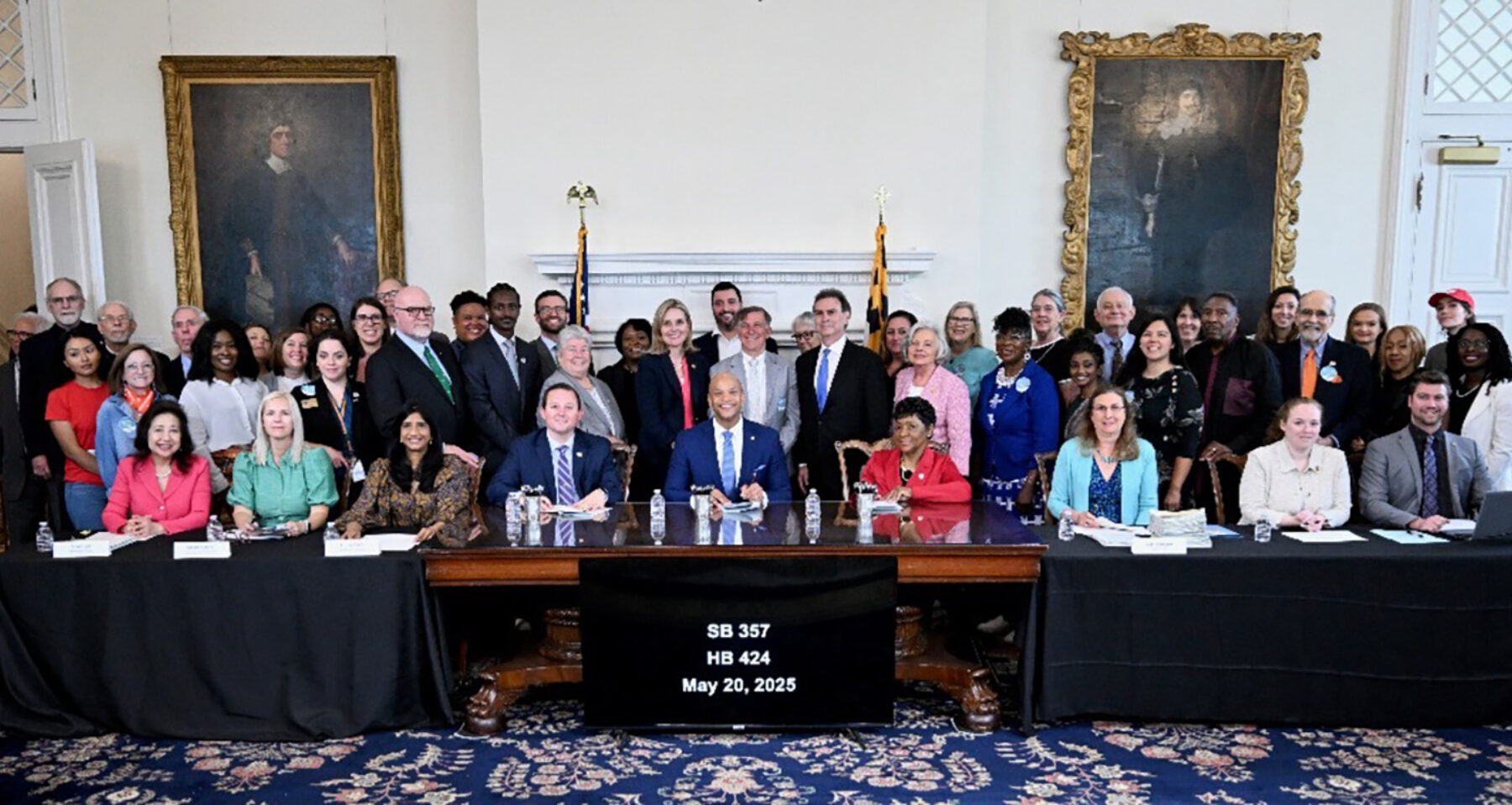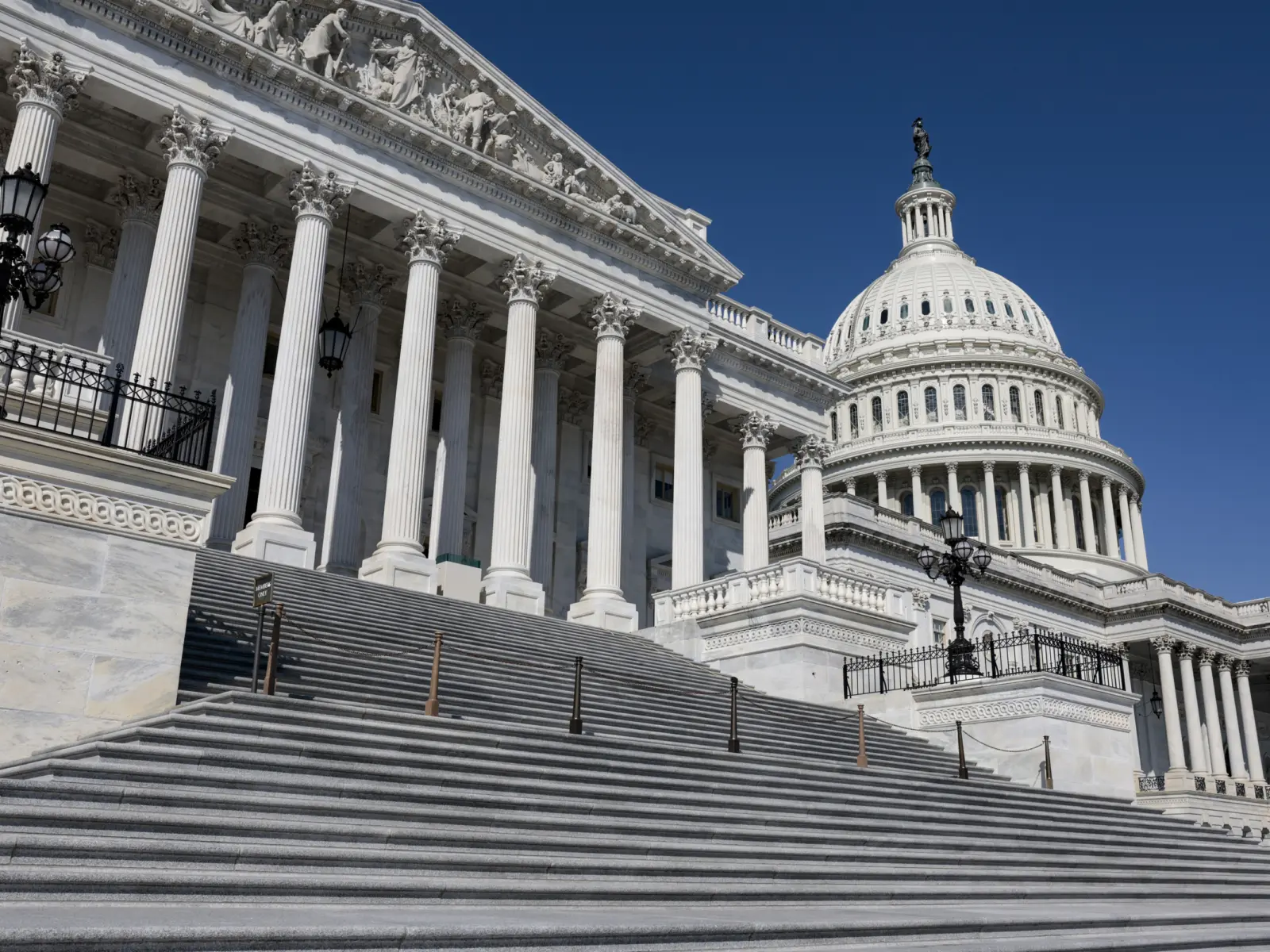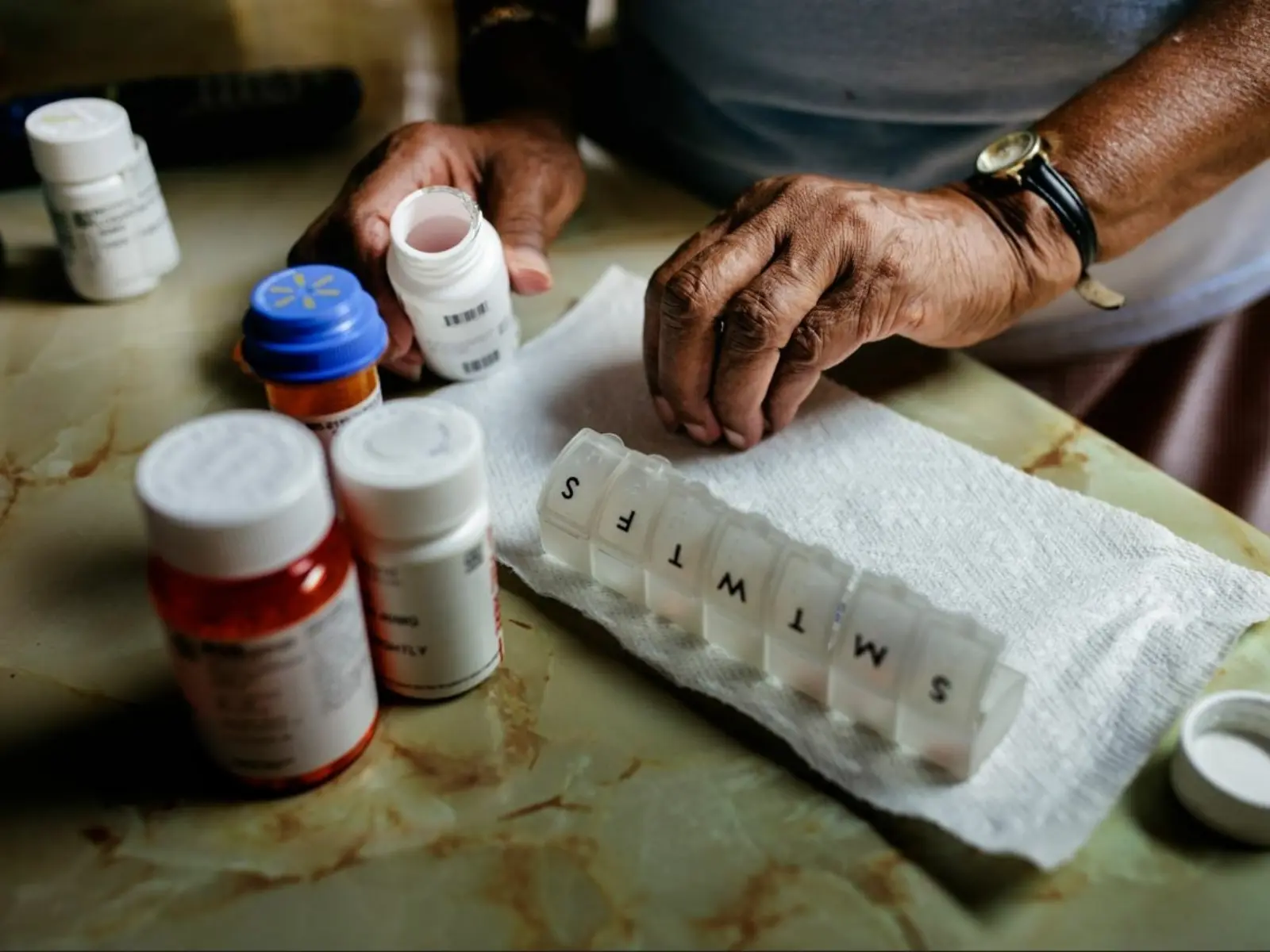Prescription Drug Affordability Boards (PDABs) in a few states are gaining momentum to keep drug pricing in check as they get closer to implementing Upper Payment Limits (UPLs). UPLs can be set by PDABs that have been granted the UPL authority when a certain prescription drug is deemed unaffordable in that state. These efforts to make medication more affordable could not have come at a better moment, when people’s wallets are hurting more than ever.
Maryland’s Push to Expand PDAB Authority
Maryland is on the brink of a major move in the fight to rein in prescription drug prices, thanks to Governor Wes Moore’s signature. Through the hard work of advocates and legislative champions, Maryland’s state legislature passed a bill expanding the authority of its PDAB to any drug offered on the commercial market that the board finds unaffordable. Until now, the board’s scope focused on state and local government purchases of medications by entities like hospitals, health clinics, or employee health benefit plans.
Maryland Governor Wes Moore signed the expansion bill into law – a continuation of his efforts to lower prescription drug prices. Simultaneously, Maryland’s PDAB is preparing to implement its first two UPLs this year and make them actionable by January 1, 2026. Maryland is a national leader in drug affordability reform in PDABs and UPLs.
Colorado Courts Movement
A federal district court judge dismissed outright a lawsuit filed by pharmaceutical giant Amgen, which challenged Colorado’s PDAB. This lawsuit coincided with the state’s ongoing PDAB implementation process for its UPLs, which will continue throughout the summer and fall of this year.
Virginia Continues Bipartisan Push for Affordable Drugs
While Maryland and Colorado forge ahead, Virginia is experiencing a political deadlock. The state’s General Assembly has passed bipartisan legislation to create a PDAB during two consecutive legislative sessions, but Governor Glenn Youngkin has wielded his veto pen for the second time to block it. The public’s demand for action on drug prices was heard by the legislature, but has fallen on an unwilling executive.
States Should Continue to Act with Urgency as Drug Prices Fight Continues
As Medicare enters its second round of direct negotiations with drug manufacturers — an initiative designed to drive down prices for some of the most expensive and widely used medications — states are capitalizing on progress with continued movement on their PDABs, even amid uncertainty surrounding the efficacy of federal Executive Orders. Led by Maryland and Colorado, states like Maine, Massachusetts, Minnesota, New Jersey, and Oregon are moving aggressively to design and implement solutions to the drug pricing crisis. Whether through expanding PDAB authority, setting UPLs, or continuing to fight for patients despite political pushback, these efforts reflect a growing national momentum for lawmakers to act.
















